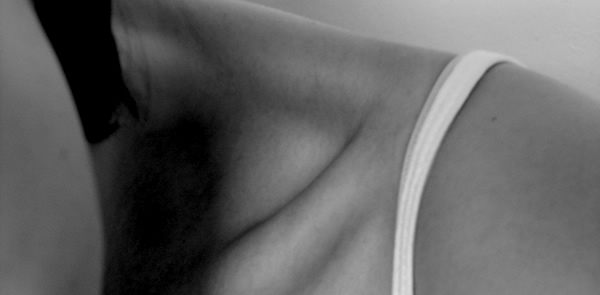The shoulder is a very complex joint consisting of the main ball and socket (gleno-humeral) joint, the collarbone (acromio-clavicular) joint and the shoulderblade (scapulo-thoracic) joints. Its main function is to position the hand where you want it to be so it can be used. Until it starts to go wrong, we don’t often realise just how important the shoulder joint is.
Like the knee and hip, the shoulder can develop arthritis causing stiffness, pain and loss of function. Today we can replace the worn out joint with a new metal and plastic one (total shoulder arthroplasty, resurfacing, reverse geometry prosthesis) that gets rid of the pain and allows the shoulder to be useful again.
The tendons that move the shoulder (rotator cuff) are also prone to becoming inflamed (tendonitis) through overuse or accident. This results in catching pain in some positions such as putting on a jacket, reaching behind the passenger seat in the car or reaching up into a cupboard. Often the shoulder is very painful at night and that can be the factor that drives you to seek help from your GP or a surgeon. Very often this can be relieved with a cortisone injection and physiotherapy but sometimes needs a keyhole operation to create more space for the tendons to run without catching (arthroscopic subacromial decompression).
Sometimes the shoulder just won’t move at all and frequently there doesn’t appear to be any reason why. If you can’t move your shoulder and your GP or physiotherapist can’t move it for you, and you have had a normal x-ray, then you may well have developed a ‘frozen shoulder’. This condition nearly always gets better by itself but it can take 18 months to thaw out. During that time you should just try and keep within the range of movement that you have got because trying to force the shoulder causes a lot of pain and may make it last longer. For this reason we don’t suggest physiotherapy for a frozen shoulder. If you don’t want to wait it out and want your shoulder back then we can do an ’arthroscopic capsular release’ to free it up and kick-start your recovery.
The shoulder is a naturally very unstable joint and can come out of joint (dislocate) either through a fall or injury or sometimes just with normal movements. In younger people a traumatic dislocation probably ought to be stabilised by doing a keyhole operation but in the older population a dislocation is usually a one off and won’t happen again.
So, as you can see, the shoulder is a complicated joint and there is a lot that can go wrong with it. Happily, the London Upper Limb Unit is able to deal with all of these conditions and return your shoulder back to a painfree and functioning one.

